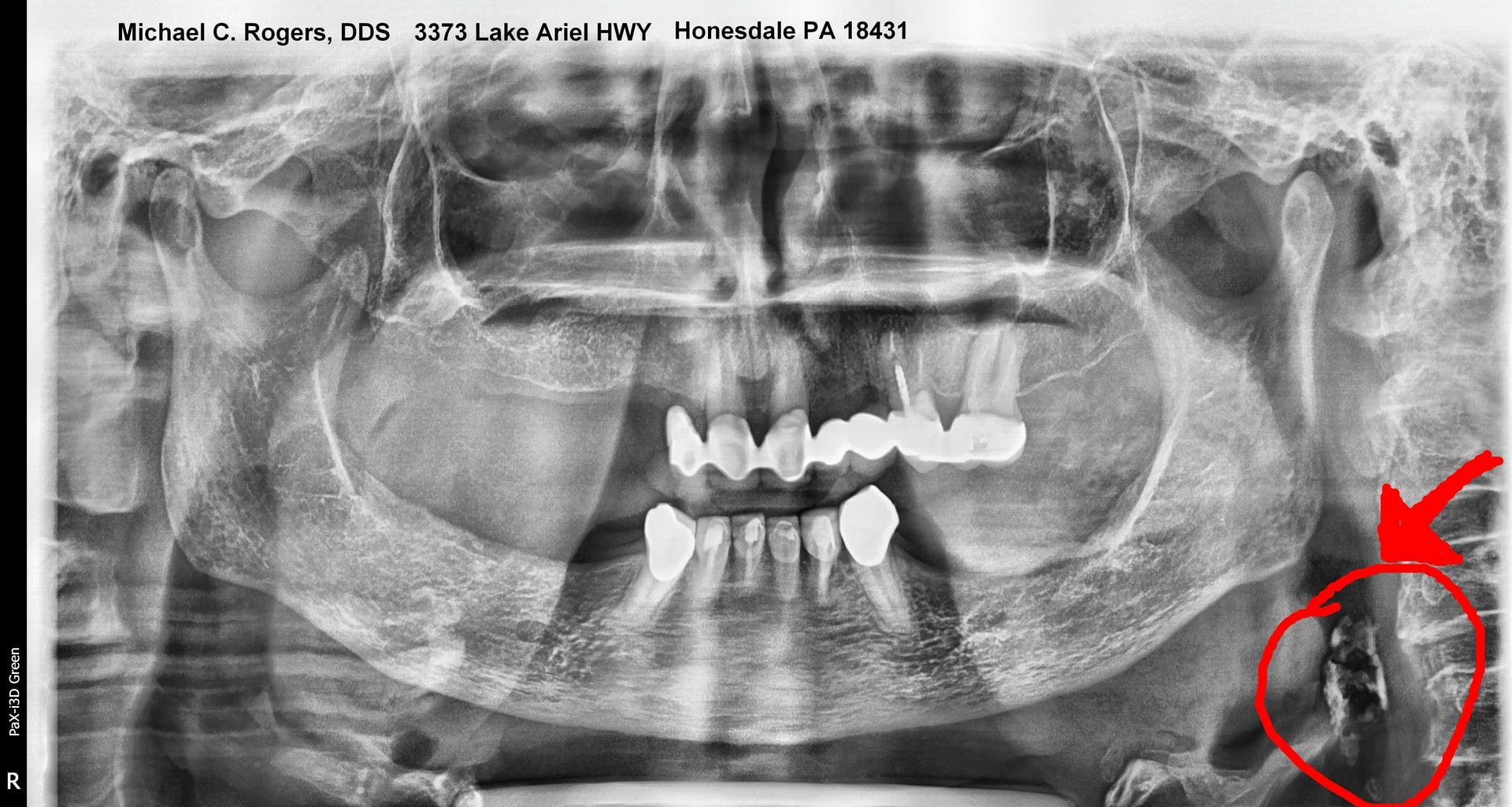There’s a first time for everything.
For Jack Morris, 59, it was a third year dental student detecting a heart irregularity during an oral health appointment at University of Michigan’s 2 Green Clinic.
According to DentistryToday.com, Brandon Churchman detected an irregular heartbeat during a routine blood pressure check of his patient. Churchman then walked Morris to an electrocardiogram (EKG) unit at the school’s department of oral and maxillofacial surgery just down the hall. The EKG confirmed the student’s suspicions of A-fib (atrial fibrillation), an irregular and sometimes rapid heartbeat that results in poor blood flow throughout the body and can sometimes lead to a stroke. Morris was admitted to the University of Michigan Hospital and observed for two days before being discharged.
“This was the first time a healthcare provider told me that something wasn’t right,” said Morris. “I thought something wasn’t right for a couple of years. Brandon told me he suspected I had atrial fibrillation and that he would not be treating me that day.”
Dentists have been known to detect a variety of health problems using the clues their patients mouths provide, including: dementia (neglected oral health), diabetes (bleeding gums, slow healing), eating disorders (dry mouth, sensitive teeth), nighttime reflux (enamel erosion from the inside of teeth), osteoporosis (receding gums and loose teeth).
Periodontal disease, commonly known as gum disease, has been proven to negatively affect diabetes, and vice versa. Pamela McClain, the president of the American Academy of Periodontology, says that gum disease “further complicates diabetes because the inflammation impairs the body’s ability to utilize insulin”. It is especially important for anyone suffering from diabetes to make sure that they do everything that their dentist recommends to fend off gum disease.
Dr. Michael Rogers runs Complete Health Dentistry of NEPA, a general, cosmetic and restorative practice in Honesdale, Pennsylvania. A proponent of overall wellness, he makes sure his patients know how their dental health affects the rest of their body.

Dr. Michael Rogers spotted this significant calcification in an older patient’s carotid artery during a routine 3D scan. He recommended immediate medical attention, and his patient was able to get prompt care.
He didn’t fully appreciate how strongly he’d be able to back up his words when he took delivery of a new Vatech GreenCT device this past April. Two weeks later, Dr. Rogers spotted significant calcification in an older patient’s carotid artery during a routine 3D scan (shown). He recommended immediate medical attention, and his patient was able to get prompt care.
Read more about Dr. Rogers experience at thedailyfloss.com: Wish you had a Green Lifesaver at your practice?


